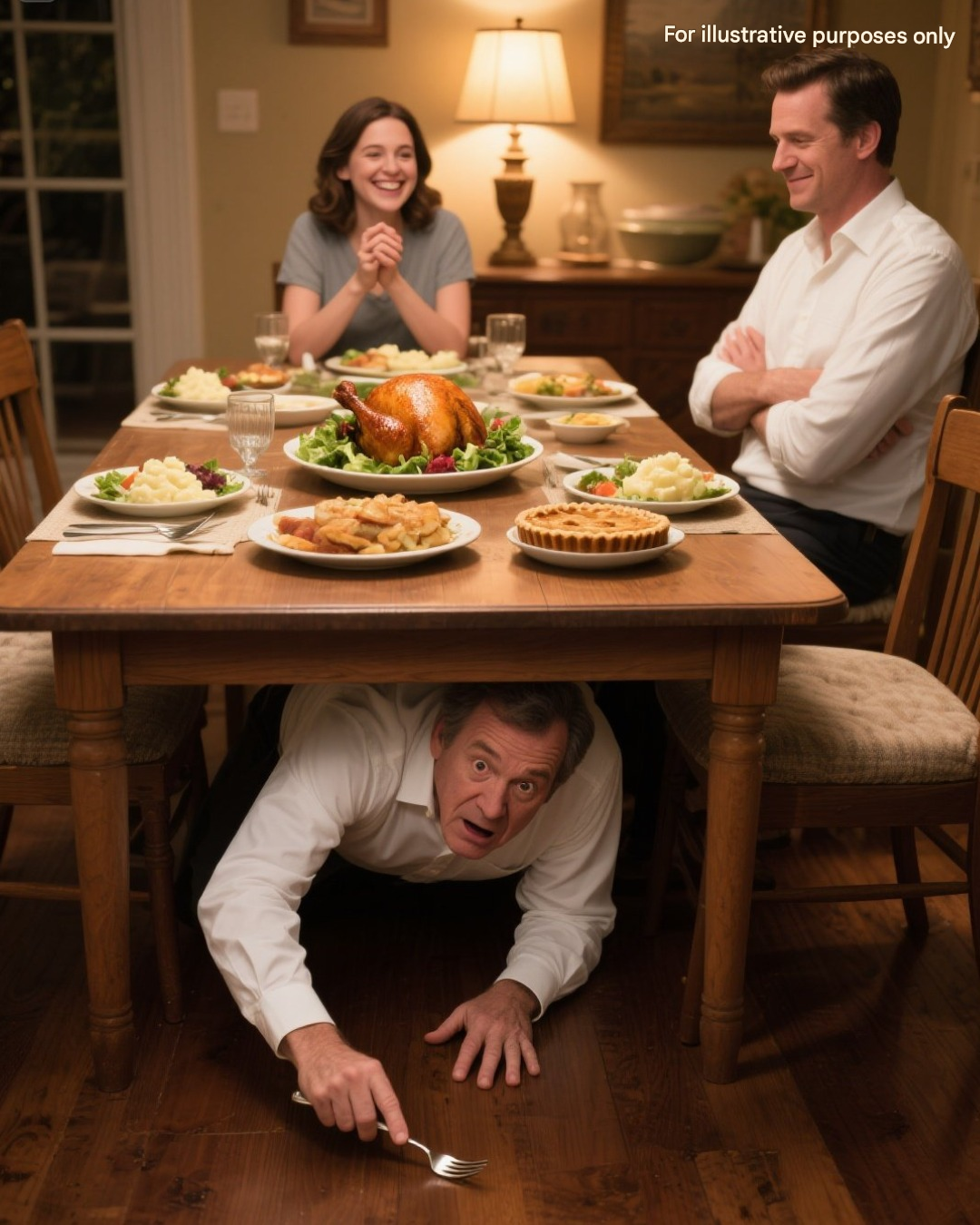Emily collapsed into my arms, trembling. I held her close.
“You’re safe now, sweetheart,” I whispered. “It’s over.”
Later, she told me everything. Mark had seemed charming at first—attentive, protective—but that mask had quickly slipped.
He was controlling. Jealous. Manipulative.
He checked her phone, tracked her location, and pressured her to isolate from friends. When she tried to leave, he threatened her—sometimes with harming himself, other times with hurting her.
The bruise on her leg was the result of one of those threats turning physical.
The dinner, she admitted, had been his idea—a performance, a way to prove he had control.
And her constant “clumsiness”? It wasn’t clumsiness at all. It was her desperate way of signaling me for help.
What Fatherhood Really Means
That night, I learned something every parent should know: raising a child isn’t just about food or shelter.
It’s about noticing the smallest details—the unspoken words, the silent cries.
Sometimes, a dropped fork isn’t an accident. It’s a plea for help.
Emily later started therapy and began to rebuild her strength, piece by piece.
As for me, I realized I wasn’t just a quiet presence in her life. My intuition, my vigilance, and my love—those were the shields that kept her safe.
And in the end, the bond between a father and his daughter can be the strongest defense of all.
